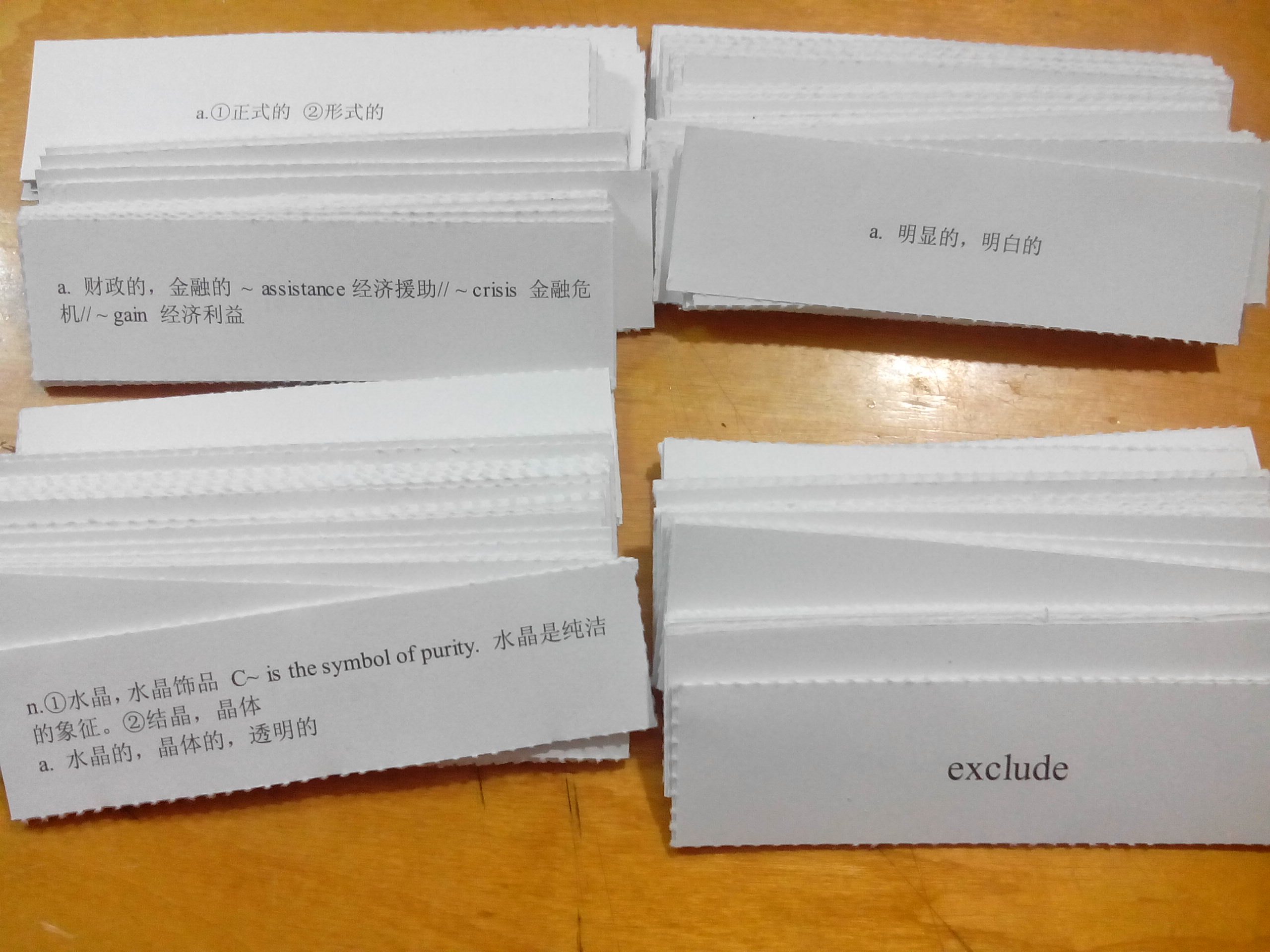 返回
教育头条
返回
教育头条

考研英语真题翻译复习资料分享
2015年考研英语(二)翻译真题,英语学习就是靠的日积月累,每天多学一点,考试时就多一分信心。
Think about driving a route that's very familiar. It could be your commute to work, a trip into town or the way home. Whichever it is, you know every twist and turn like the back of your hand. On these sorts of trips, it's easy to lose concentration on the driving and pay little attention to the passing scenery. The consequence is that you perceive that the trip has taken less time than it actually has.
试想开车走一条非常熟悉的路,可以是上下班、进城或是回家的路。不管是哪条路,你对每一处曲曲弯弯都了如指掌。在这种路上,人们很容易不专注于驾驶,很少注意沿途的景色。结果你就觉得旅途所花的时间比实际的要短。
This is the well-travelled road effect: people tend to underestimate the time it takes to travel a familiar route.
这就是熟路效应:人们走熟路时往往会低估所需的时间。

The effect is caused by the way we allocate our attention. When we travel down a well-known route, because we don't have to concentrate much, time seems to flow more quickly. And afterwards, when we come to think back on it, we can't remember the journey well because we didn't pay much attention to it. So we assume it was shorter.
这种效应是由我们分配注意力的方式造成的。我们走很熟的路时,由于不必非常专注,时间似乎就过得快些。之后,我们回想起这段旅程时,由于当时没怎么注意,所以记得不很清楚。这样一来,我们就觉得所花的时间短了。
Think about driving a route that's very familiar. It could be your commute to work, a trip into town or the way home. Whichever it is, you know every twist and turn like the back of your hand. On these sorts of trips, it's easy to lose concentration on the driving and pay little attention to the passing scenery. The consequence is that you perceive that the trip has taken less time than it actually has.
试想开车走一条非常熟悉的路,可以是上下班、进城或是回家的路。不管是哪条路,你对每一处曲曲弯弯都了如指掌。在这种路上,人们很容易不专注于驾驶,很少注意沿途的景色。结果你就觉得旅途所花的时间比实际的要短。
This is the well-travelled road effect: people tend to underestimate the time it takes to travel a familiar route.
这就是熟路效应:人们走熟路时往往会低估所需的时间。

The effect is caused by the way we allocate our attention. When we travel down a well-known route, because we don't have to concentrate much, time seems to flow more quickly. And afterwards, when we come to think back on it, we can't remember the journey well because we didn't pay much attention to it. So we assume it was shorter.
这种效应是由我们分配注意力的方式造成的。我们走很熟的路时,由于不必非常专注,时间似乎就过得快些。之后,我们回想起这段旅程时,由于当时没怎么注意,所以记得不很清楚。这样一来,我们就觉得所花的时间短了。
以上内容为教育宝【王敏】编辑整理的内容,我已开通官方个人微信号(18560125702)。选考研英语课程,不焦虑!就让我来帮助你,就像帮助我自己,如果需要获得帮助,建议您加加我微信,可以十分便捷的和我充分互动交流,我会为您提供答疑指导等一条龙学习服务!返回教育宝头条
【免责声明】本文仅代表作者本人观点,与教育宝无关。教育宝对文中陈述、观点判断保持中立,不对所包含内容的准确性、可靠性或完整性提供任何保证。请读者仅作参考,特此声明!
相关推荐
-
复试是考研中很关键的一步在口语和听力部分有什么诀窍可以保证高分
考研英语 2018年08月15日 16:55:44 -
考研英语 2018年08月22日 00:53:16
-
考研英语 2018年09月19日 09:57:04
-
雅思阅读Global Warming in New Zealand真题讲解
考研英语 2018年09月19日 09:57:08 -
考研英语 2018年09月19日 13:41:54





